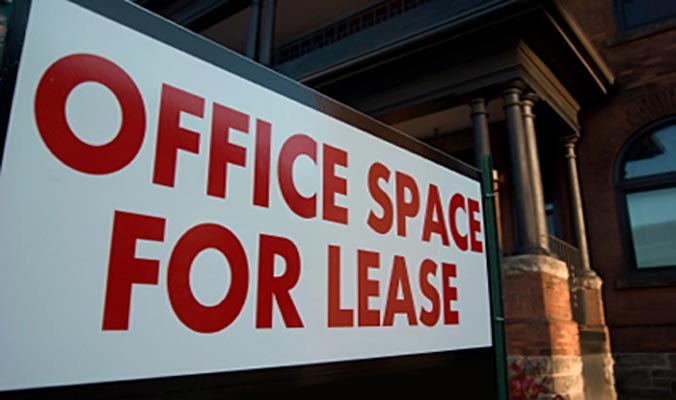Getting a property lease for your business is quite different from finding a home to rent. Whether your business is new or needs more space to accommodate the growth, you should know that the market is working in favor of business owners when it comes to commercial real estate. Hopefully, these 7 tips will help you lease the right business property for the long term!
- Compare Rent Against Amenities
You may be getting a commercial lease at cheaper rates, but if there is inadequate space for common areas like meeting rooms, hallways, elevators, and restrooms, then you may have to invest extensively in renovations. Also remember that commercial lease agreements will have an annual percentage-based rent increase, so don’t invest in a property you can’t sustain for the long term.
- The Use Clause
The use clause is incorporated in lease agreements to define activities the tenant will engage in on the property. Make sure that you negotiate a cap with the landlord on the rent increase in order to avoid any unmanageable costs or costs that are not controlled by you.
- Define the Responsibilities
More often than not, rental agreements don’t necessarily define who is responsible for building and equipment maintenance and repairs, which also includes the HVAC systems. These responsibilities should be shared by both the tenant and the landlord, so make sure the agreement expressively includes such a clause.
- Set a Timeframe
While most landlords and tenants prefer long term agreements, for a new business, it’s always better to start with a short term lease that can be renewed. While it may increase the rental rates, doing so gives you flexibility to move to another property in case your growth cannot be accommodated in the current premise.
- Renovation and Redesign
A lease typically addresses the improvement and renovation work that is to be done on the property. Hence, there is a framework for who will pay for the renovation and whether the tenant should restore the unit to the original state as the tenancy period approaches its end. The agreement should also include who owns the improvements once the tenancy term expires.
- The Little Details
Details like payments for taxes, insurances, rates, and other outgoings should be discussed beforehand and written down in the lease agreement. Also ensure that the lease agreement has a clause for subletting. This is important in case your business fails but you are still responsible for the rent.
- Know Your Rights
Make sure that the lease agreement has a Right of Assignment clause which is important if you want to sell your business later on. This clause allows you to transfer the lease to new tenant. Also determine any changes in the lease agreement upon renewal and whether you can increase the leased property in space if your business grows. Learn more about what happens when your lease agreement is terminated and the penalties you are liable for in case of early termination of the agreement.
Before signing up for a lease agreement, make sure that you seek financial advice regarding all the clauses that you will be bound to observe.


